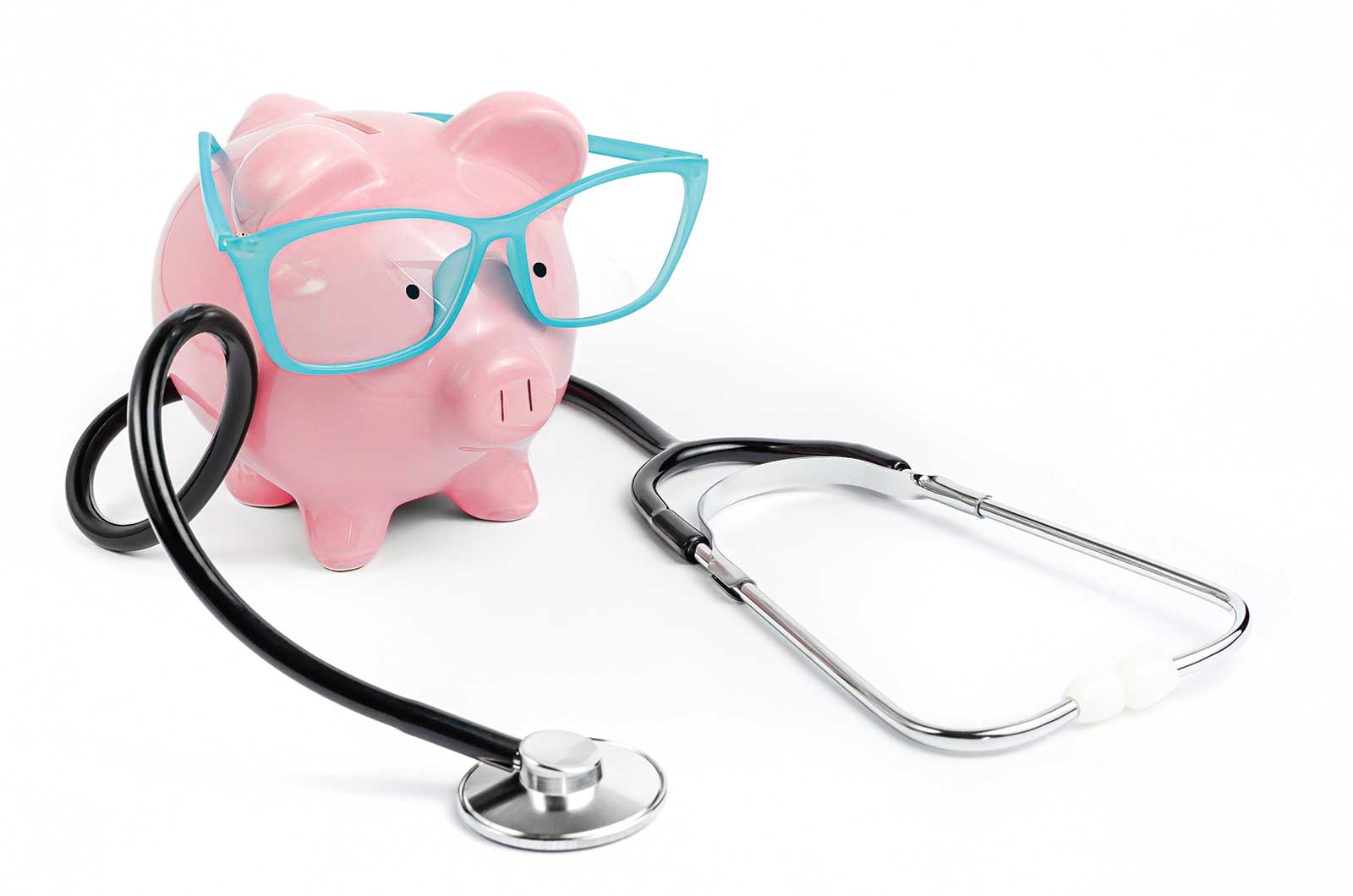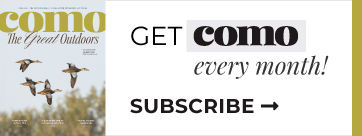Health for Your Wealth

Polly Reynolds presents the financial health checklist.
You’ve heard the old saying “health is wealth,” but have you ever thought about caring for the health of your wealth, too?
“Financial health” is a term that describes the state of your finances and how you interact with them. You don’t have to be swimming in cash to be financially healthy — it just means that you are organized and responsible with your money.
“How we are with finances has everything to do with our behavior, not the amount of money we make,” says Polly Reynolds, CPA, CTFA, and vice president and trust officer at The Trust Company. Polly explains that being financially healthy comes from doing things that every Columbia resident should have on their financial health checklist.
“Number one is a big thing: Have a budget,” Polly says. “To me, a budget is a plan on paper for your money before it ever hits your account. If you don’t know where your money is going — if you don’t have a plan for that — then how much do you really know that you can save? If you don’t have a budget and don’t know what all your expenses are, when you say, ‘Oh, I’m going to save this much,’ that’s just like throwing a dart at something. It’s very important to have a budget, and that also means that you need to live within your means. You need to spend less than you make. Otherwise, you can end up going down a debt rabbit hole — fast.”
Polly says there are many ways to make a budget, like using spreadsheets or apps designed to help budget your money and monitor spending.
“The second thing is you need to make sure that you build up an emergency fund. We talk to people about having an emergency fund that is three to six months of your expenses, which is very different from three to six months of your income,” Polly says. Expenses are the things you need, such as food, rent, and utilities.
Especially for people with fluctuating income, an emergency fund is important. “We always say you should try to have six months of expenses in an emergency fund because you might have some lower months when it fluctuates,” Polly says.
Along those same lines, you should monitor your spending to make sure it doesn’t stray too far from your monthly income. “Stay away from credit card debt,” Polly continues. “It is not a bad thing to have a credit card. What is bad is to have a credit card and not pay it off every month. If you’re going to charge, that’s fine, because that helps build your credit, but you’ve got to pay it off every month. Credit card interest rates are expensive, and I have run into too many people in my profession who can’t get out of the credit card debt hole because interest is so much.”
Lastly, Polly says that one of the most important (and often overlooked) ways to be financially healthy is to start planning for retirement early.
“So many people graduate from college and start their new job and think, ‘Oh, well I’ve got plenty of time to save for retirement.’ When you’re investing, the time value of money is everything,” she says. “If you start early and you have that money invested all those years, the rewards are significant. It is so important to start investing for retirement early. If you work for a company that has a 401(k), you need to start with at least what they’re matching, because if you don’t, you’re walking away from free money.”
Being financially healthy takes discipline, but it’s more than worth the effort. Polly says, “The financial security you have tomorrow is based on the decisions you make today.”


